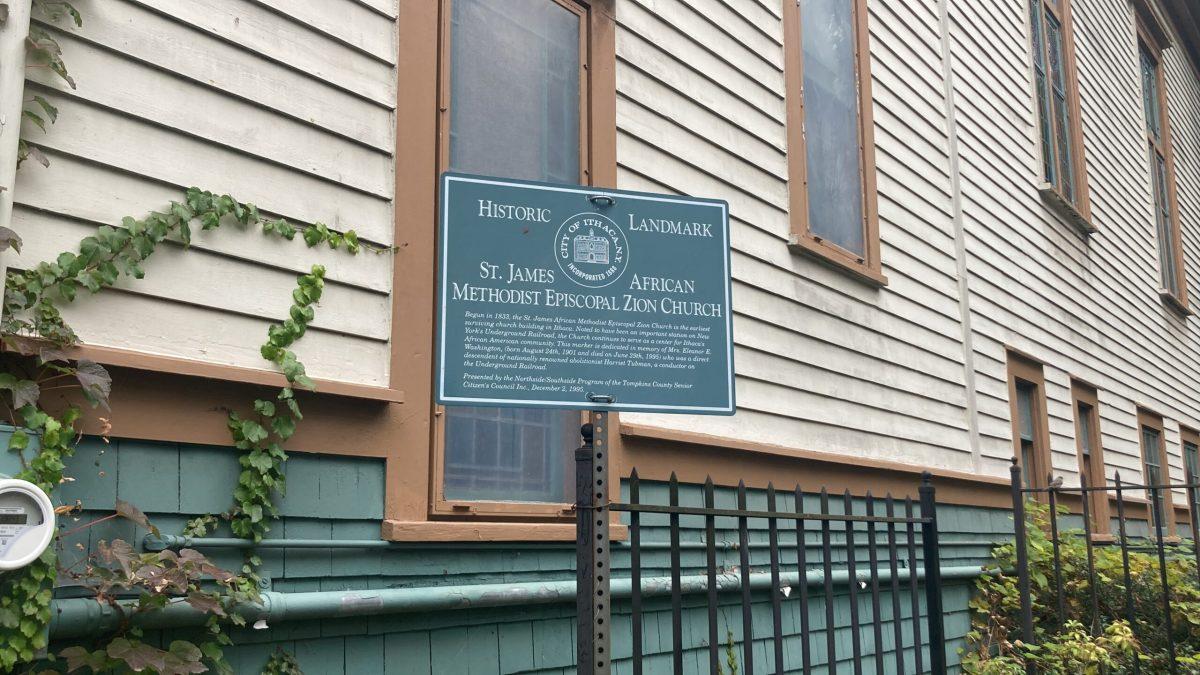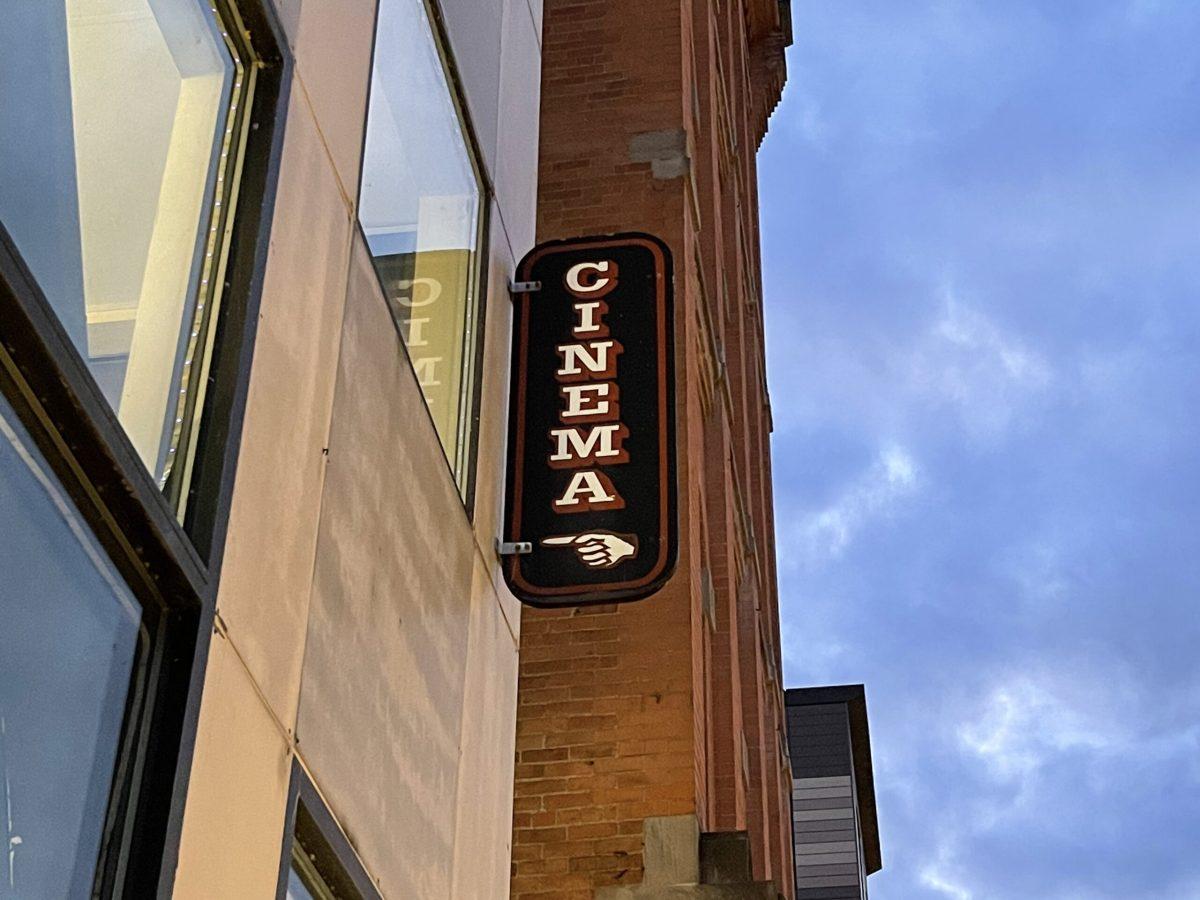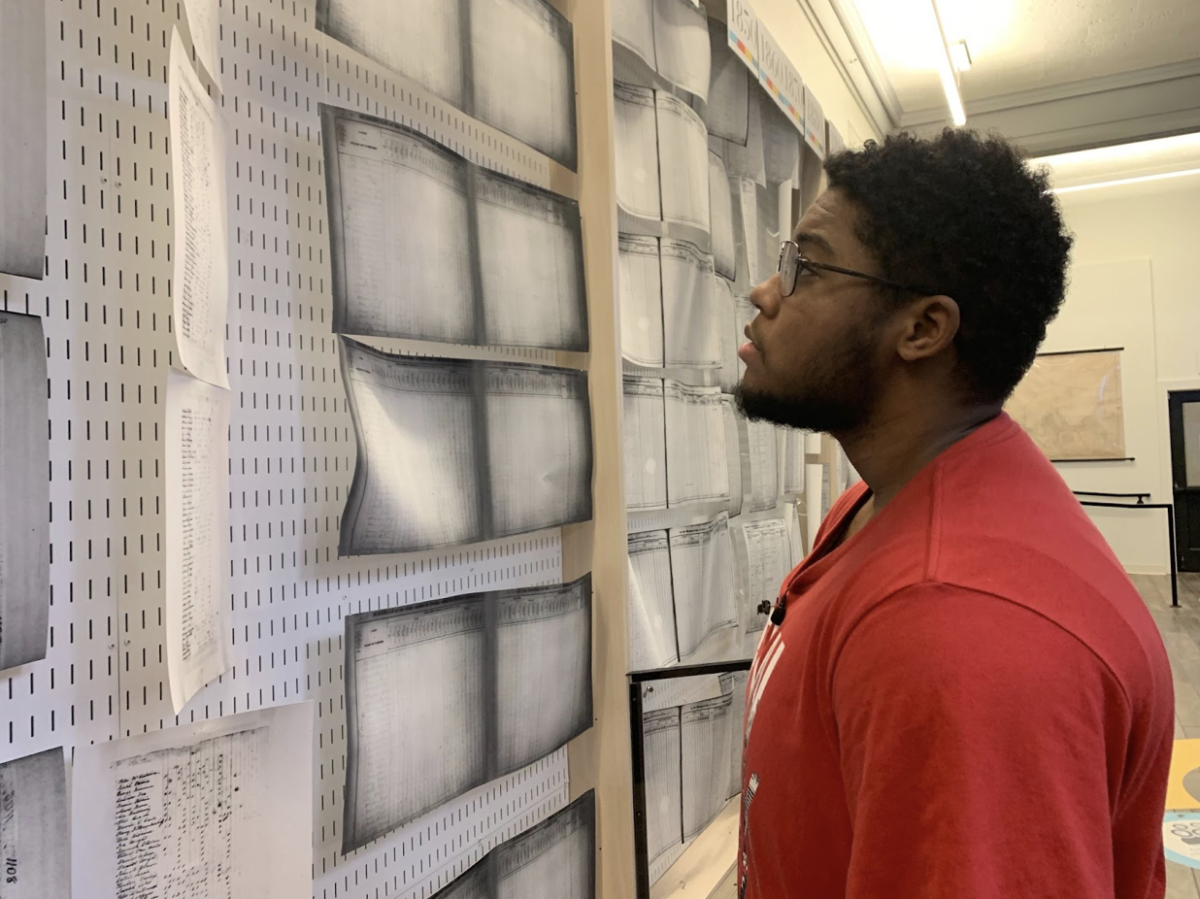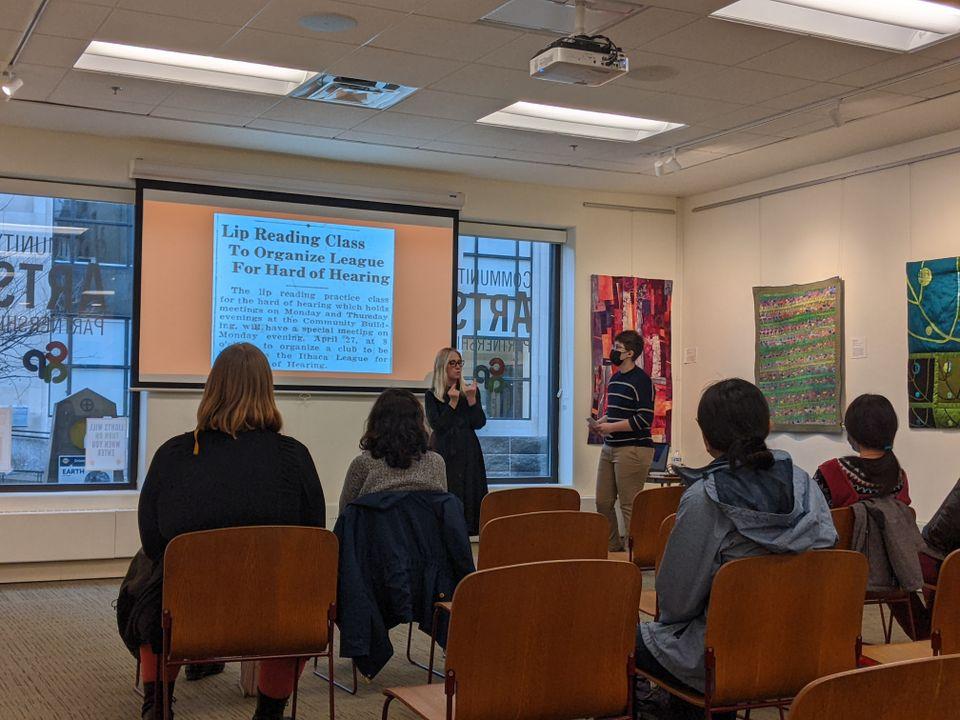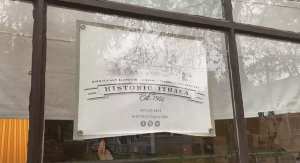
Sitting at the quiet corner of Center and Plain Street in what was once a supermarket, Historic Ithaca is an unassuming, yet influential organization within the city. Although voted as one of the top college towns in the country, Ithaca has a history beyond academia. Historic Ithaca strives to preserve this history that can be seen around town.
Historic Ithaca is a grassroots nonprofit organization that strives for education, advocacy, and action. Established in 1966, Historic Ithaca has an array of initiatives around town to save historic buildings that are in danger of demolition, neighborhood planning with principles of preservation, and opportunities for education and work skills. The organization is involved tremendously within the community, from volunteer events at the Ithaca City Cemetery, to being part of legislative and town meetings on urban planning and design.
When speaking of the importance of preservation, Historic Ithaca’s Executive Director Susan Holland emphasized that it was more than just saving old buildings, but it was about another key element—sustainability.
“Preservation is sustainable,” said Holland. “Preservation is really about real estate, but it’s also about sustainability of that real estate.”
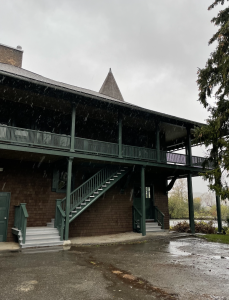
Across town, Historic Ithaca has had various restoration and preservation projects throughout the years, including Clinton House and the Boardman House Most recently on Oct. 21st, Historic Ithaca celebrated the completion of the Cascadilla Boathouse Restoration Project, a collaboration with Friends of Stewart Park and the City of Ithaca for this initiative. The historic Cascadilla Boathouse sits in Stewart Park, and underwent an exterior restoration and repair of its key architectural elements.
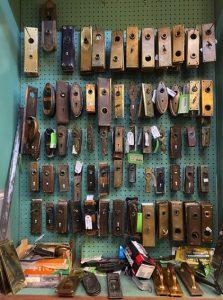
.
Significant Elements is the architectural salvage retail store in the building right next to Historic Ithaca. Occupying the space of an old factory and supporting Historic Ithaca’s goals of sustainability, this unique shop sells salvageable parts from old buildings, furniture, and more.
“If you couldn’t save the building, might as well save the good materials left from it,” said Holland.
The retail store started off as an all-volunteer operation, but then grew into something bigger. Significant Elements is home to the Work Preserve Program, a program for young adults who may have had challenges for employment, to learn transferable job skills for future financial success and stability. Work Preserve provides a space for these individuals to gain experience in a real workplace, and a pathway for employment in other areas of work.
Some college students in Ithaca may feel a disconnect between themselves and the history of the town, but Historic Ithaca has opportunities to promote student involvement and collaboration with the organization. One of the easiest ways to get involved is volunteering at different events, such as their upcoming garage sale with Finger Lakes Reuse and the Alcohol and Drug Council of Tompkins County. Historic Ithaca also has internship opportunities open to students of different fields of study for their Significant Elements store and research for preservation, energy retrofit, and regional planning. Students can contribute to Historic Ithaca’s impact and preservation of the city, not only gaining valuable work experience, but also a learning opportunity about the importance of sustainability to ensure a brighter future for the community.


